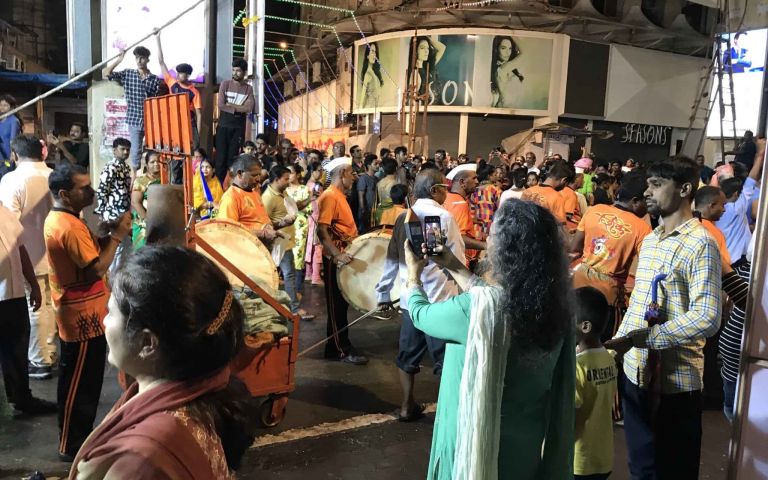Like many of the world’s booming megacities, Mumbai is drowning in a deluge of decibels—from incessant honking to construction. Mounting evidence suggests the noise isn’t just a nuisance, it’s potentially toxic. Beyond hearing loss, chronic noise can increase the risks of heart attack, high blood pressure, and stroke, while disrupting sleep and cognitive development.
In Mumbai, environmentalist Sumaira Abdulali has waged a two-decade war against this urban cacophony. Activism runs in Abdulali’s family dating back to a great-grandmother jailed fighting British rule, and a grand uncle who led the famed salt march after Gandhi was arrested. She founded the Awaaz Foundation to join forces with like-minded environmentalists and medical experts, and they have lobbied politicians, organized protests, and taken offenders to court. Abdulali’s persistence has earned her the unofficial title, “Minister of Noise,” and won official recognition of more than 2000 “silence zones” around hospitals, schools and other sensitive sites where decibels are tightly restricted.
But noise has powerful political allies in India. The many religious festivals celebrated with blaring loudspeakers and firecracker-fueled street parades often double as political rallies and party fundraisers. And in 2017, legislators voided the “silence zones,” forcing Abdulali into a protracted court battle to reinstate them. This reporting project will follow Abdulali’s efforts, and examine the intersection of noise, power, and economic growth in our rapidly urbanizing world.

